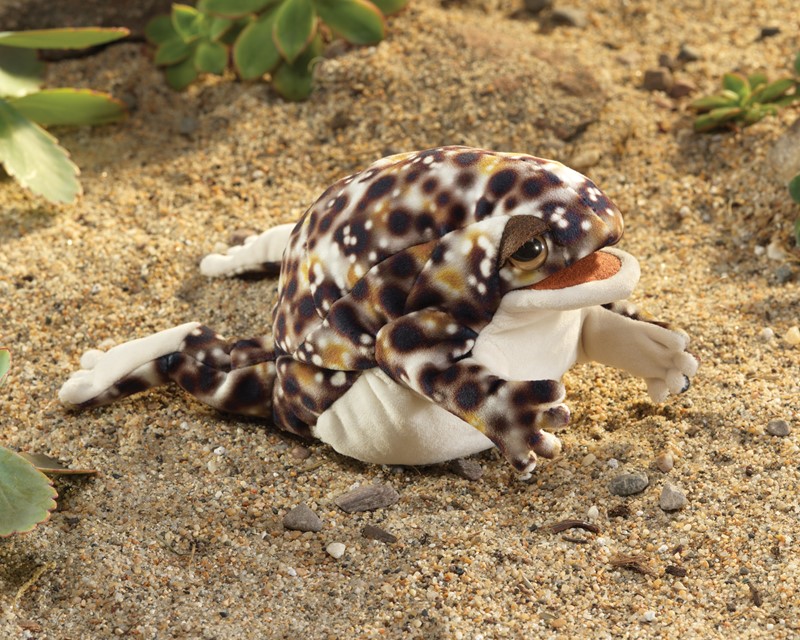Discover Your Perfect Rain Frog for Sale: Dive into the World of Exotic Amphibians!
Discover Your Perfect Rain Frog for Sale: Dive into the World of Exotic Amphibians!
Blog Article
Common Health Issues in Reptiles: Signs And Symptoms and Solutions
In the detailed globe of reptile care, understanding the usual wellness concerns that might impact these one-of-a-kind animals is critical in guaranteeing their wellness. From respiratory system infections that can silently take hold to metabolic bone conditions that can cripple, reptiles are prone to a series of ailments that call for keen monitoring and timely treatment. Whether it's facing parasitic infestations, navigating dehydration worries, or dealing with skin ailments that show up in subtle methods, being attuned to the signs and symptoms and equipped with the knowledge of effective remedies is vital for any reptile owner. By delving even more right into the nuances of these health problems and exploring the useful remedies offered, one can safeguard the wellness and vitality of these remarkable pets.
Respiratory System Infections
Respiratory system infections in reptiles can dramatically affect their total wellness and call for punctual focus from skilled vets. In reptiles, breathing infections can be especially challenging to diagnose and deal with due to their one-of-a-kind composition and physiology.
Therapy for respiratory system infections in reptiles normally involves a combination of encouraging care, such as keeping correct humidity levels and temperature level gradients in the unit, along with targeted drug to attend to the particular microorganism accountable for the infection. It is essential for reptile proprietors to monitor their pet dogs carefully for any indicators of breathing distress and seek veterinary treatment at the earliest indication of a concern. With prompt treatment and proper treatment, many reptiles can recover fully from respiratory infections and resume normal activities.

Metabolic Bone Disease
What elements add to the development of Metabolic Bone Disease in reptiles?
Metabolic Bone Illness (MBD) in reptiles is largely caused by a lack of proper calcium, phosphorus, and vitamin D3 levels in their diet regimen. Furthermore, inadequate exposure to UVB light stops reptiles from manufacturing vitamin D3, which is essential for calcium absorption and bone health.
Various other adding elements to MBD include inappropriate temperature slopes within the reptile's habitat, resulting in reduced metabolic rate and impaired calcium absorption. Not enough humidity levels can additionally influence a reptile's capacity to metabolize calcium properly. Furthermore, certain reptile varieties have specific nutritional demands that, otherwise met, can raise the possibility of establishing MBD. Routine vet examinations, proper husbandry techniques, and a balanced diet regimen are crucial to prevent Metabolic Bone Illness in reptiles.
Parasitic Problems
Parasitic problems pose a considerable health and wellness risk to reptiles, affecting their general well-being and requiring punctual vet focus. Reptiles can be impacted by various parasites, consisting of termites, ticks, interior worms, and protozoa. These parasites can cause a series of signs and symptoms, such as weight-loss, sleepiness, skin inflammation, diarrhea, and even death if left untreated.
One common parasite discovered in reptiles is the mite, which can trigger skin inflammation, tension, and anemia. Ticks are an additional external bloodsucker that can cause and transfer illness discomfort to the reptile. Inner bloodsuckers like worms and protozoa can lead to digestive concerns, lack of nutrition, and weaken the reptile's body immune system.
To identify a parasitical invasion, a vet may perform fecal tests, skin scrapings, or blood examinations. Treatment usually includes deworming drugs, antiparasitic baths, or in extreme situations, a hospital stay. Preventative actions such as normal vet check-ups, proper health, special info and quarantine treatments for brand-new reptiles can help reduce the threat of parasitic invasions and make certain the well-being of reptile pet dogs.
Dehydration and Hydration Issues
Dehydration in reptiles can considerably impact their wellness and health, demanding timely treatment and proper hydration monitoring. If left unattended, dehydration can lead to serious health issues and also be fatal to the reptile.
To avoid dehydration, reptile proprietors need to guarantee that their pet dogs have accessibility to clean water whatsoever times. The water dish need to be big enough for the reptile to take in if needed, particularly for varieties that soak up water through their skin. In addition, maintaining proper moisture degrees in the reptile's room and giving routine baths can assist stop dehydration.
In instances of dehydration, it is important to look for vet care promptly. A veterinarian might administer liquids either by mouth or with shots to rehydrate the reptile. It is important to deal with the underlying cause of dehydration to avoid recurrence and make sure the reptile's total health.
Skin Ailments

Conclusion

Respiratory system infections in reptiles can substantially impact their general wellness and call for prompt attention from seasoned veterinarians (rain frog for sale). Preventative steps such as normal vet examinations, correct hygiene, and quarantine procedures for brand-new reptiles can aid lessen the threat of parasitical problems and ensure the wellness of reptile pets
If left untreated, dehydration can lead to significant wellness issues and even be fatal to the reptile.
On a regular basis inspecting your reptile for any type of adjustments in skin shade, appearance, or appearance can aid in very early discovery and treatment of skin disorders, promoting my site the overall wellness and well-being of your scaly companion. - rain frog for sale
In conclusion, reptiles are prone to numerous wellness concerns such as respiratory infections, metabolic bone condition, parasitic invasions, dehydration, and skin ailments.
Report this page